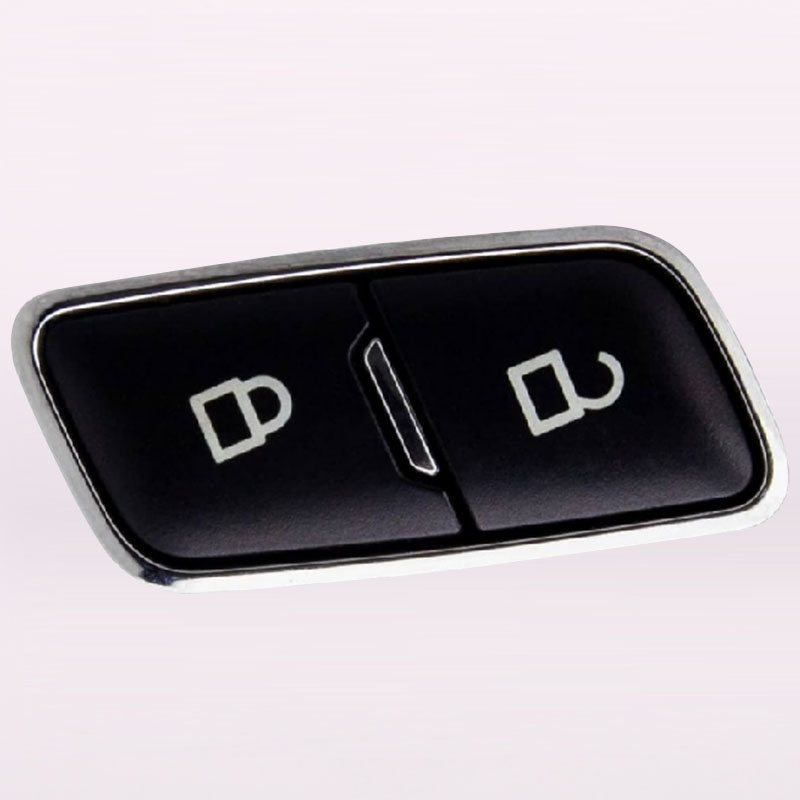California has already voted to outlaw chrome because of the toxic gases given off in its creation
Classic car owners in Europe might want to start stockpiling bumpers grilles, hubcaps, wire wheels and exhaust tailpipe finishers. Why? Because if the EU gets its way the chrome that gives each their shiny finish will be outlawed. Abs Chromed Coffee Outlet Handle

The EU has proposed a ban on the production of hexavalent chromium from 2024 due to the carcinogens released into the air during its production. The gases are said to be 500 times more toxic than diesel and can cause serious health problems including lung cancer.
A report from Autocar notes that chemical fume depressants can curb these emissions, but they come with their own issues because they contain Perfluoroalkyl and Polyfluoroalkyl Substances (PFAS), which are also toxic. California has already voted to outlaw chrome plating, but not until 2039, some 15 years after the proposed introduction of Europe’s ban.
Related: California Bill Seeks To Make It The First Place On Earth To Ban Chrome Plating
Chrome was heavily used for decades in the auto industry to add glitz and a level of corrosion protection to exterior metals, and also for engine parts like valves. But though it is possible to chrome plate-plastic, as we understand it none of the chrome you see on modern European cars uses hexavalent chromium. That’s because the substance was banned along with lead and mercury for any car sold after July 2003 as part of the EU’s end-of-life vehicle directive aimed at stopping hazardous materials contaminating the environment when a car is scrapped.
But even if the ban won’t affect companies making new cars, it will have a potentially huge impact on firms working in the classic sector, and other non-automotive industries who still use traditional chrome plating. Some will be able to switch to the alternative, less harmful, trivalent chrome, but experts say retrofitting a business to use it can be expensive and the finish is less aesthetically pleasing.

Chrome On Plastic Plating In the aerospace industry, the other big user of chrome parts in the U.S., trivalent chrome doesn’t meet the U.S. Department of Defense’s specifications for thickness, hardness, and corrosion resistance, which is why the industry has been being given more time to phase the process out.